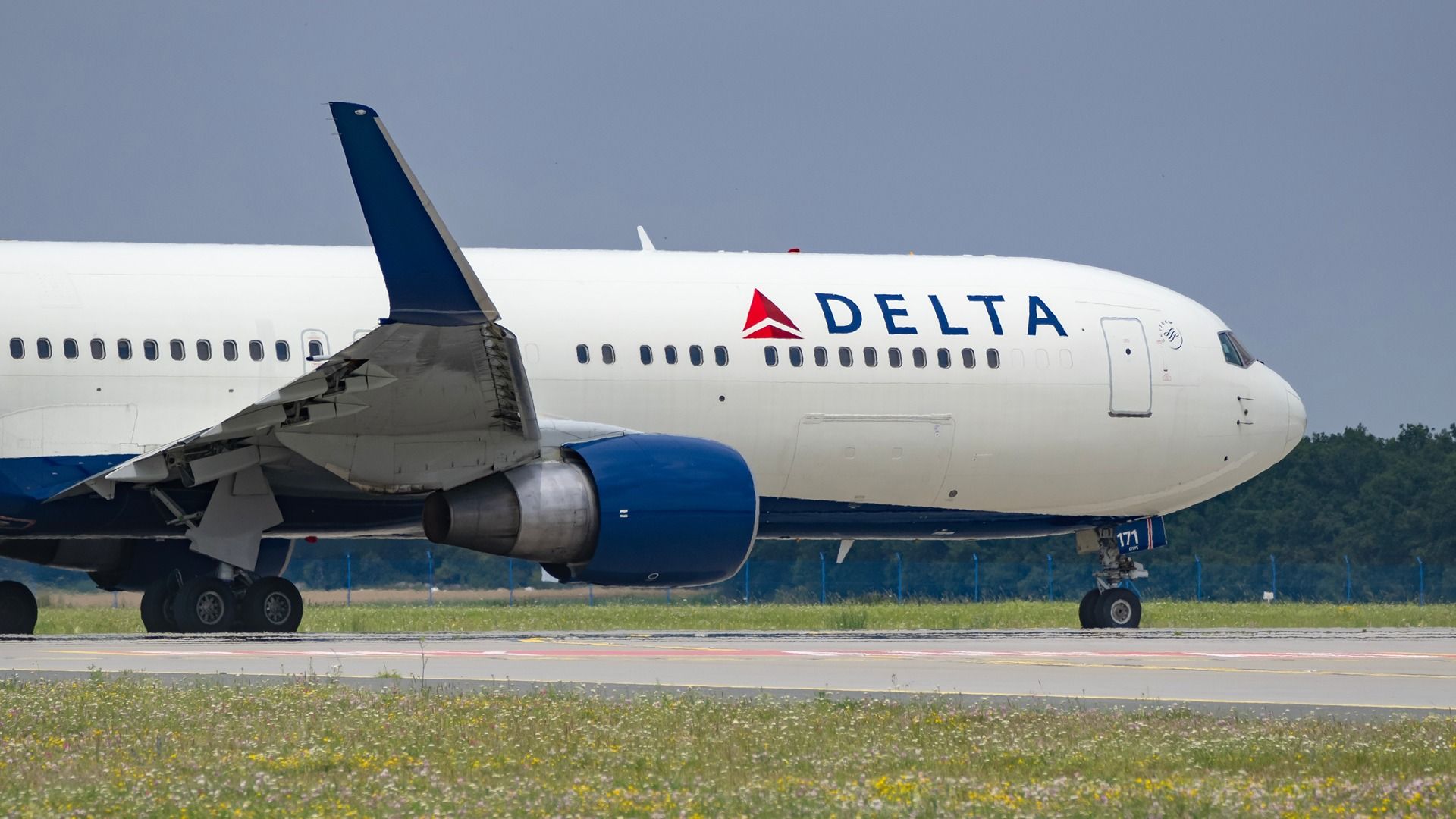World
Delta Air Lines Faces Challenges as Main Cabin Revenue Declines

Delta Air Lines recently acknowledged significant challenges in its transatlantic market performance during a presentation at Morgan Stanley’s Laguna Conference. The airline’s leadership revealed that the peak season for high-end European leisure travel has shifted, with premium revenue now extending into October rather than the traditional July-August timeframe. This shift has resulted in a troubling trend for the airline, as more than half of its revenues now stem from non-main-cabin sources, such as premiums and ancillary services.
The airline’s main cabin performance has become a critical concern, particularly as competitors like United Airlines report expanding margins in their economy sections. Delta’s President, Glen Hauenstein, specifically highlighted the main cabin as the “weakest link” in the network. He characterized the returns from this segment as “negative,” which he deemed unacceptable for the airline’s overall financial health.
Delta’s Strategic Focus on Premium Seats
In response to these challenges, Delta is shifting its focus towards enhancing its premium seating offerings. The airline aims to increase its Comfort+ capacity, responding to the lackluster main cabin demand. Hauenstein indicated that reducing off-peak main cabin capacity could be a strategy to improve overall yields. He stated, “At some point, that has to rationalize,” suggesting that Delta anticipates a necessary adjustment in main cabin capacity to foster better financial outcomes.
While this pivot towards premium traffic might seem logical given the current circumstances, it introduces a set of risks. High-end travel is often the first segment to decline during economic downturns. Additionally, this focus may constrain Delta’s flexibility, as a reliance on premium offerings demands higher capital expenditures, such as aircraft upgrades and lounge refurbishments. Any operational missteps could significantly impact customer willingness to pay for these premium products.
Comparative Analysis with United Airlines
Delta’s struggles in the main cabin are juxtaposed with United Airlines, which has maintained steady main cabin yields. United’s strategy includes aggressively expanding capacity in areas where price-sensitive demand remains robust, allowing it to diversify exposure and generate margin growth across all cabin classes. In contrast, Delta’s reliance on premium cabin revenues may leave it vulnerable to shifts in market conditions and consumer behavior.
As Delta continues to navigate these challenges, the airline’s leadership acknowledges the need for a balanced approach to maintain market share and profitability. The ongoing focus on premium segment growth may help mitigate some risks, but it also raises questions about the airline’s ability to adapt to fluctuations in demand across various customer segments.
In summary, Delta Air Lines faces a pivotal moment as it grapples with underperformance in its main cabin segment. With a strategic shift towards premium offerings, the airline aims to bolster its revenue streams, yet it must tread carefully to avoid overexposure to potential market downturns. The coming months will be crucial in determining whether these adjustments yield positive results for Delta’s financial landscape.
-

 Science3 months ago
Science3 months agoToyoake City Proposes Daily Two-Hour Smartphone Use Limit
-

 Top Stories3 months ago
Top Stories3 months agoPedestrian Fatally Injured in Esquimalt Collision on August 14
-

 Health3 months ago
Health3 months agoB.C. Review Reveals Urgent Need for Rare-Disease Drug Reforms
-

 Technology3 months ago
Technology3 months agoDark Adventure Game “Bye Sweet Carole” Set for October Release
-

 World3 months ago
World3 months agoJimmy Lai’s Defense Challenges Charges Under National Security Law
-

 Lifestyle3 months ago
Lifestyle3 months agoVictoria’s Pop-Up Shop Shines Light on B.C.’s Wolf Cull
-

 Technology3 months ago
Technology3 months agoKonami Revives Iconic Metal Gear Solid Delta Ahead of Release
-

 Technology3 months ago
Technology3 months agoApple Expands Self-Service Repair Program to Canada
-

 Technology3 months ago
Technology3 months agoSnapmaker U1 Color 3D Printer Redefines Speed and Sustainability
-

 Technology3 months ago
Technology3 months agoAION Folding Knife: Redefining EDC Design with Premium Materials
-

 Business3 months ago
Business3 months agoGordon Murray Automotive Unveils S1 LM and Le Mans GTR at Monterey
-

 Technology3 months ago
Technology3 months agoSolve Today’s Wordle Challenge: Hints and Answer for August 19









